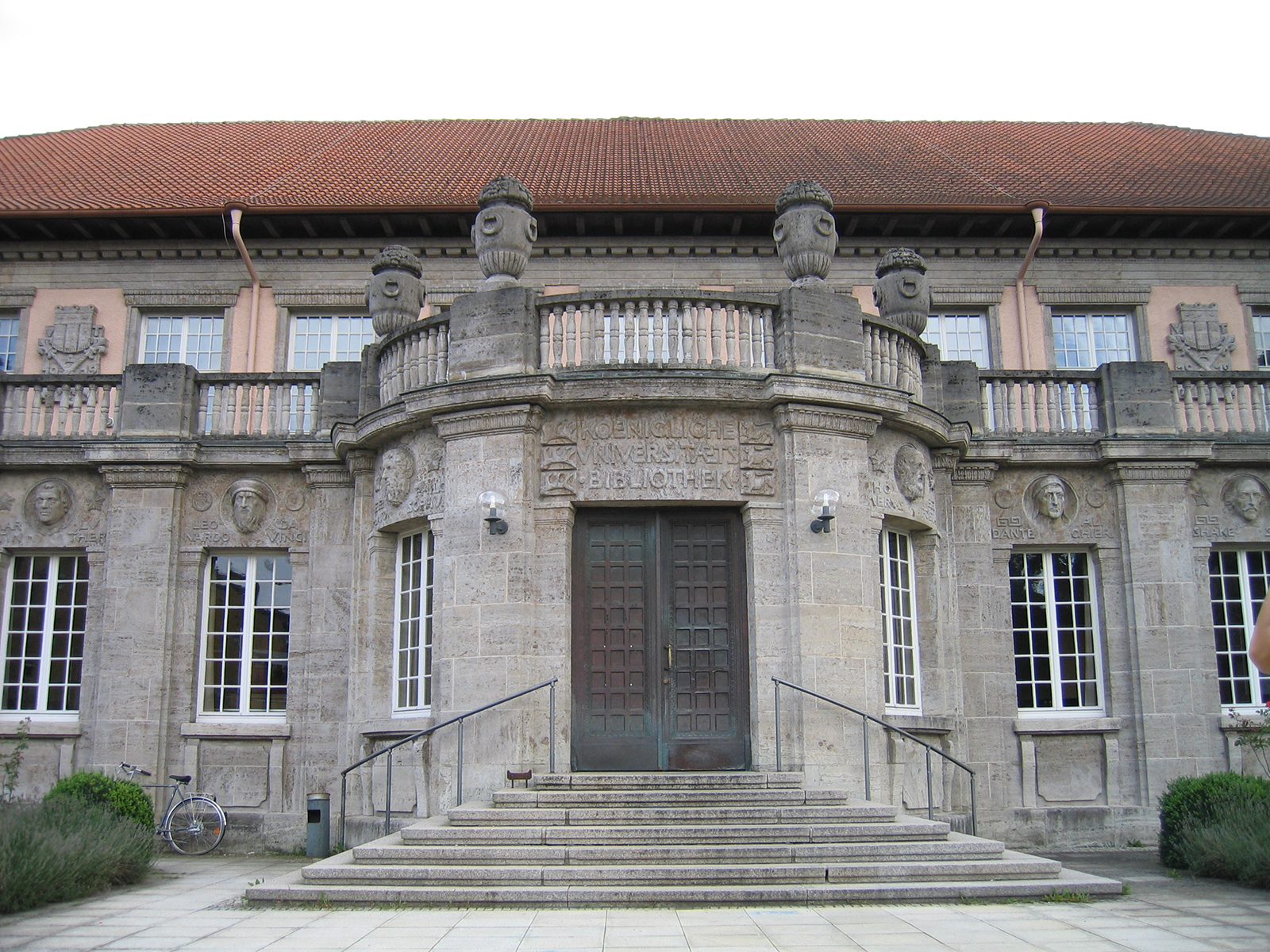University of Tübingen Hosts 39th International Summer Course: A Hub for German Language and Cultural Exchange
Tübingen in August with the university’s International Summer Course is also the right time and place to learn German in 2024 – for international students, graduates, and young academics from all over the world. Participants in the four-week intensive course can learn German, get to know Germany and its culture in a lively way, continue their academic and professional training, and experience intercultural exchange with many different people.
This year, the Department of German as a Foreign Language and Intercultural Programs at the University of Tübingen is organizing the International Summer Course for the 39th time; from August 5 to 30, 135 young people from 30 countries will learn, study and spend varied summer weeks in Tübingen.
The largest groups, with 27 and 26 participants respectively, come from the USA and Japan, followed by 11 participants from South Korea, Italy (9) and China (7). Other guests come from Egypt, Ukraine, Romania, Iceland, Bosnia and Herzegovina and Jamaica, among others.
The course offers German lessons in nine classes from beginner level to a very advanced level of German. The lessons are communicative and intercultural and offer plenty of opportunity to speak. After the language lessons in the morning, there are also language tutorials in the afternoon. Participants with good to very good German skills also have the opportunity to choose ongoing modules with thematic focus topics such as intercultural communication, German post-war history or current politics and society. The program is rounded off with events on literature or regional studies – from Hölderlin to the cave finds in the Swabian Alb to an introduction to the world of dialects. Excursions lead to Lake Constance, for example, but also to places in the surrounding area such as Rottenburg or Haigerloch.
But learning German doesn’t just take place in the classroom. The program also wants to encourage the guests to get involved in Tübingen’s city life. Beginner classes try out how to shop in German at the weekly market, for example. Advanced students look for interview partners on the streets of Tübingen to find out what Tübingen residents think about current issues. The top classes research local political issues such as Tübingen’s transport concepts or food sharing, talk to experts and present the results in their classes.
When planning the supporting program, emphasis was placed on offering entertaining social, musical or tactile experiences: To encourage language learning, there is the opportunity to act in a theater or sing in a choir, get to know the latest German-language pop music or take part in a creative writing project in cooperation with the Schwäbisches Tagblatt. The chocolate workshop and batik are also about communicating in German and thus promoting language practice.
The Japanese partner universities, which have been sending their German studies students to Tübingen for many years, are also represented this year. Some cities in the region have again made scholarships available as part of their town twinning. The German Academic Exchange Service (DAAD) is also enabling 40 students to take part in the Tübingen course. The fact that the course was fully booked early on speaks for the consistent success of the University of Tübingen’s International Summer Course.

